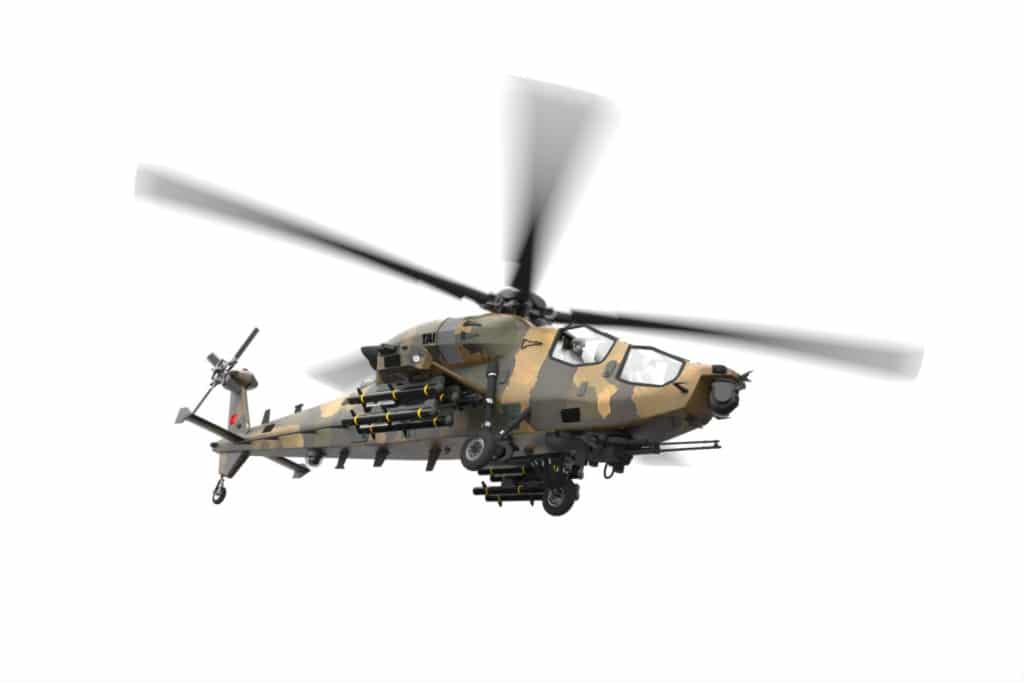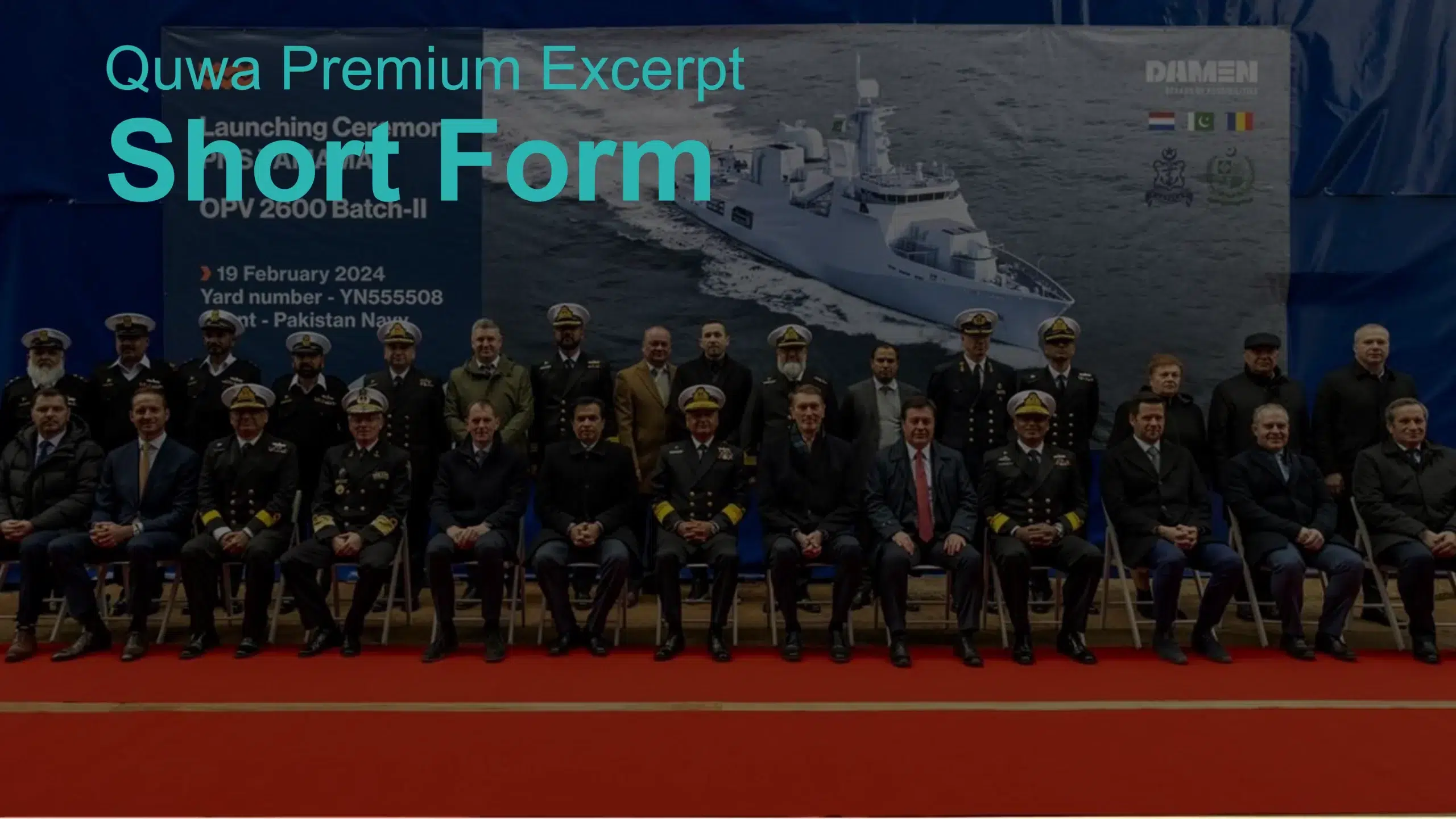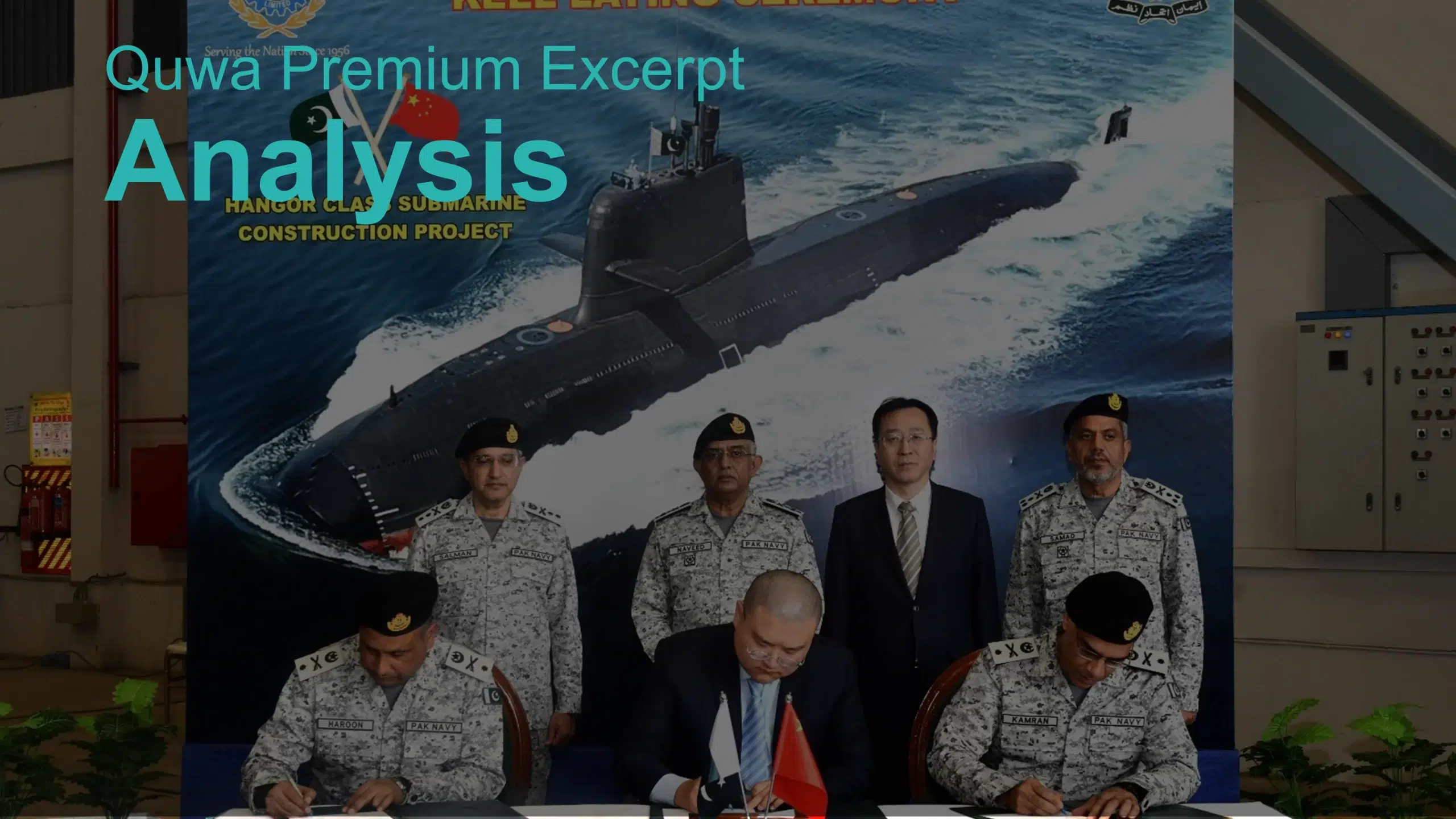Turkish Aerospace’s General Manager and CEO, Temel Kotil, revealed that the company will develop a six-ton attack or armed helicopter – designated T629 – that will fill the gap between the five-ton T129 ATAK and the forthcoming 10-ton ATAK II heavy attack helicopter.
In an interview with GBP Aerospace and Defence, Kotil stated, “The designs have been finalised and we plan to carry out the first flight of this new helicopter in about a year.”
Kotil did not disclose the technical specifications of the T629.
Separately, Kotil also confirmed that Turkish Aerospace’s six-ton utility helicopter, the T625 Gökbey, which flew for the first time in September 2018, is undergoing certification trials in Turkey.
Deliveries of the new helicopter are expected to start in 2021. Its current iteration is powered by two CTS-800-4A turboshaft engines, which are the same type currently powering the T129 ATAK attack helicopter.
He also commented on Turkey’s next-generation fighter, the TF-X. Currently, Turkish Aerospace is working to roll-out the TF-X prototype in 2023, and in turn, conduct a maiden test flight in 2025.
Overview: Turkish Aerospace’s Future Helicopter Programs | Read Now
Notes & Comments:
It is unclear exactly what kind of attack helicopter Turkish Aerospace is developing in the T629.
The nomenclature suggests that the T629 will be derived from the T625, but the -9 number indicates a connection to the T129 ATAK. Interestingly, in a speech in October 2017, Ismail Demir, the President of Defence Industries (SSB) stated that Turkish Aerospace will develop a six-ton attack helicopter using the same transmission, gear box, and rotors of the T625 (Anadolu Agency).
Thus, an upgraded lightweight attack helicopter based on the T129, but free of ITAR (International Traffic in Arms Regulations) components is plausible. In this case, the T629 would utilize Tusaş Engine Industries’ TS1400 turboshaft engines instead of the LHTEC CTS800-4A.
On the other hand, Turkish Aerospace could develop a militarized variant of the T625. In this case, it may look at adapting the platform for special mission and develop something similar to the Leonardo AW159 Wildcat. At sea, the T629 could potentially work as an anti-submarine warfare (ASW), search-and-rescue, and anti-ship warfare (AShW) asset like the Wildcat or Lynx. Over land, it could support the ATAK and ATAK 2 as a reconnaissance/scouting, light transport, and other utility roles.
That said, should Turkish Aerospace develop an AW159-like helicopter through the T625, the notion of an ITAR-free ATAK is still possible. The threat of US interference could weigh negatively on current and future ATAK prospects. Moreover, Turkey invested in acquiring the technology to manufacture the T129 locally; it can extend that investment with an upgraded, ITAR-free variant and market that as a lower-cost option in parallel to the heavier ATAK-2.




